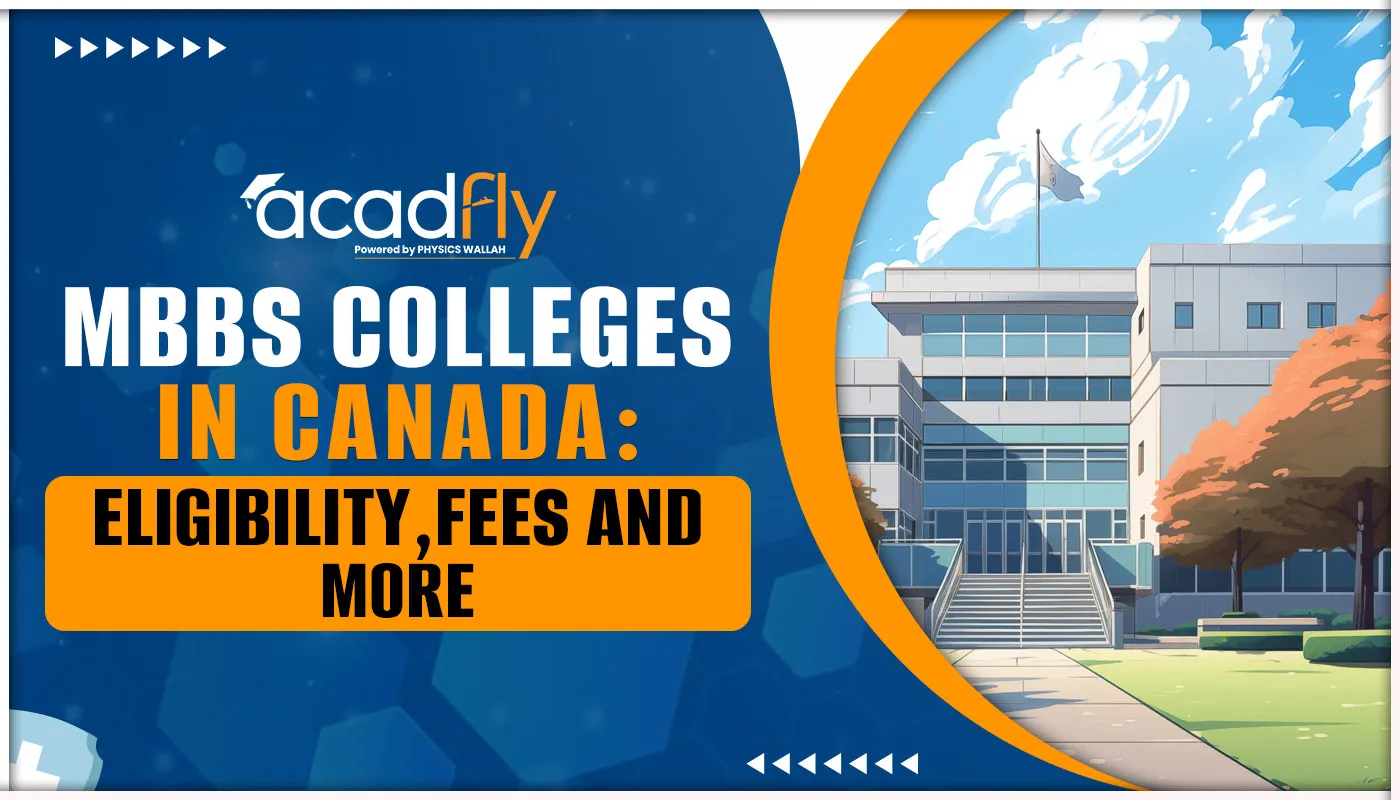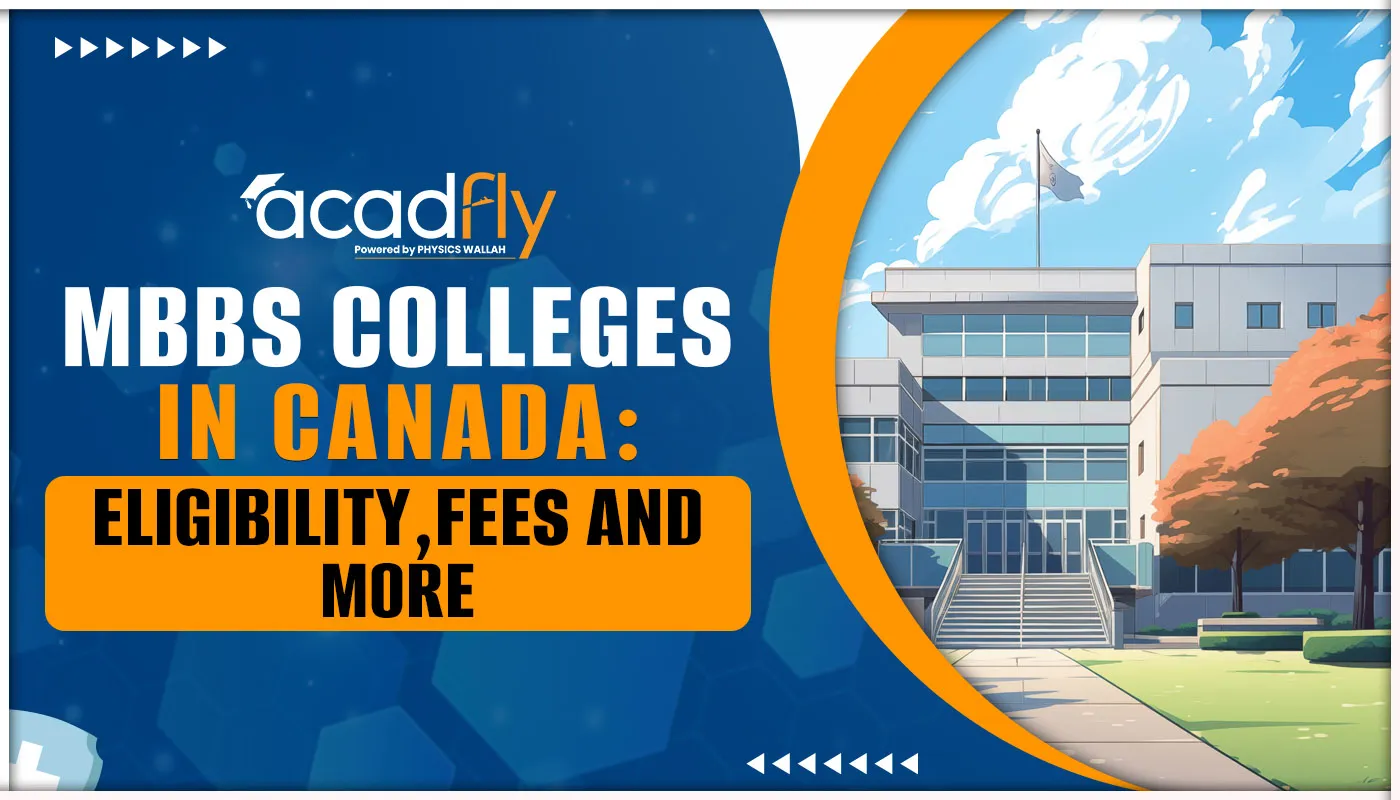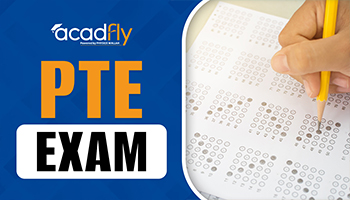


MBBS Colleges in Canada provide good quality medical education with advanced facilities and research opportunities. Medical training in Canada is at par with international standards, which makes it a very favorable destination for all those Indian students chasing the dream of becoming doctors. The medical colleges focus on a good balance of practical and theory, thus preparing the graduates for careers in global health care. Students aim for Canada because of its supportive learning environment, safe cities, and good exposure to advanced clinical practice.
Indian students need to fulfill some requirements to pursue MBBS in Canada after completing the 12th class, such as academic and English language proficiency. Many of Canada's best MBBS colleges offer reasonably priced courses with great value. It is a comfortable country that is safe, with great clinical exposure, and thus serves as the choice for international medical education.
MBBS Colleges in Canada Overview
The MBBS colleges in Canada are part of a recognized international network for medical education. They build doctors ready for the challenges of modern-day healthcare. Lecture-based learning is combined with hands-on training in associated hospitals. Many top MBBS colleges in Canada have recognition from international medical councils, making their degrees valid internationally.
The scientific subjects (Physics, Chemistry, Biology) allow Indian students to study MBBS in Canada after completing 12th grade. Also, they have to furnish proof of English language proficiency through recognized tests like IELTS or TOEFL. The admission process usually involves entrance exams and face-to-face interviews. The MBBS tuition in Canada differs from one college to the other and is usually between 30-70 lakh rupees per year. The range provided is inclusive of only tuition fees and does not include living costs for food, accommodation, and travel.
Good clinical, practical training, and research opportunities are offered by the colleges in Canada. The country also has scholarship programs and financial aids available for the benefit of foreign students. Life in Canada is considered safe and cozy, which is one of the reasons many Indian students are pursuing their medical degrees there.
Some key points on MBBS in Canada:
-
Globally recognized degree
-
Admission-after-12th with science subjects
-
English test (IELTS/TOEFL) required
-
The fee structure of about rupees 30-70 lacs a year
-
Strong clinical & research training
-
Available scholarships at certain colleges
-
Safe & supportive environment
MBBS Fees in Canada for International Students
The MBBS fee structure varies with institutions in Canada, depending on whether they are publicly funded or privately owned. Generally, tuition fees for public institutions are lower, while those for private institutions are higher. Included in the fees are those for tuition, lab work, clinical training, and library access. Planning adequately for living costs-including accommodation, food, and transportation, separate and dependent on the city.
MBBS in Canada After 12th for Indian Students
Indian students aspiring to do MBBS in Canada must have good science marks in grade 12. English language tests like IELTS/TOEFL are mandatory for admission. Due to limited seats and high competition, entrance tests and interviews are included in the selection process.
For Indian students, MBBS in Canada fees range between ₹30 lakh and ₹70 lakh per year. This estimate covers tuition and living costs but may vary with currency rates and specific college policies. Budgeting carefully is vital for a smooth educational journey.
Top MBBS Colleges in Canada
Canada's top MBBS colleges are recognized for academic excellence and outstanding clinical training. Indian students are drawn to these colleges for their reputation, faculty, and student support services.
|
College Name |
Location |
Approximate Fees (INR per year) |
Notable Features |
|
University of Toronto |
Toronto, Ontario |
₹55,00,000 |
Leading research & hospital access |
|
McGill University |
Montreal, Quebec |
₹60,00,000 |
Strong clinical training |
|
University of British Columbia |
Vancouver, BC |
₹50,00,000 |
High-tech labs, diverse programs |
|
McMaster University |
Hamilton, Ontario |
₹30,00,000 |
Problem-based learning approach |
|
University of Alberta |
Edmonton, Alberta |
₹40,00,000 |
Extensive research facilities |
The cheapest option to pursue MBBS studies is in the case of public universities. McMaster University and the University of Alberta provide good quality education at lower tuition fees. Some universities off scholarships and financial aid, which reduce the overall living expenses without compromising the education standard.
MBBS Colleges in Canada Fees in Rupees
Fees charged in Rupees vary according to the forex rate and the specific university. Typically, tuition fees range from 30 Lacs to 70 Lacs annually. These fees comprise academic charges and living costs, which will have to be arranged for separation:
|
University |
Tuition Fees (INR/year) |
Living Costs (INR/year) |
Total Estimated Cost (INR/year) |
|
University of Toronto |
₹55,00,000 |
₹8,00,000 |
₹63,00,000 |
|
McGill University |
₹60,00,000 |
₹7,50,000 |
₹67,50,000 |
|
University of British Columbia |
₹50,00,000 |
₹7,00,000 |
₹57,00,000 |
|
McMaster University |
₹30,00,000 |
₹7,00,000 |
₹37,00,000 |
|
University of Alberta |
₹40,00,000 |
₹6,50,000 |
₹46,50,000 |
Globally recognized medical education with strong clinical training is provided by MBBS colleges in Canada. Indian students seek Canada due to its superior quality of teaching, infrastructure, and post-study opportunities. These are also important as the fee structure changes from university to university.
The prospect of studying for MBBS in Canada after 12th opens up avenues for pursuing a medical career worldwide. Studying MBBS in Canada is an excellent opportunity for Indian students, with quality education and international exposure. With proper planning and knowing the admission procedure, it can very reasonably be turned into a reality to become a doctor in Canada.
MBBS Colleges in Canada FAQs
What is the average MBBS fees in Canada for Indian students?
Can Indian students start MBBS in Canada after the 12th?
Which are the top MBBS colleges in Canada?
Is there the cheapest MBBS option in Canada?
Do MBBS colleges in Canada provide scholarships?










